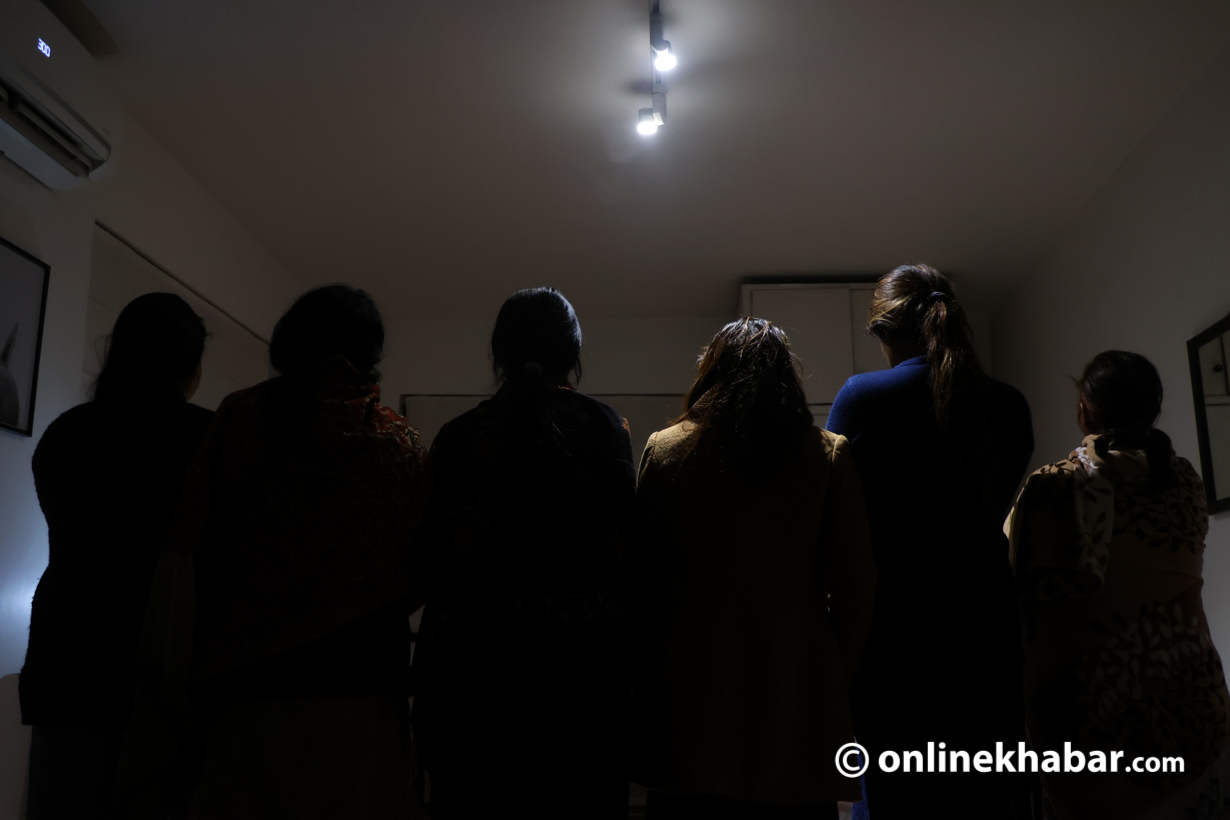
Kathmandu, September 13
The government has proposed to introduce the weighted voting system to conduct elections of president and vice-president under the 2015 constitution.
The Ministry of Law, Justice and Parliamentary Affairs has already determined the weight of votes to be cast by members of the electoral college that comprises all lawmakers of both Houses of the federal Parliament as well as all provincial assemblies.
The draft law has been sent to the Cabinet for further discussion before registering it in Parliament.
Article 62 of the constitution states, “The President shall be elected by an electoral college composed of the members of the Federal Parliament and of the State Assemblies. The voting weight age of the members of the Federal Parliament and of the State Assemblies shall vary as provided for in the Federal law.”
Accordingly, there will be total 884 members including 275 members of House of Representatives (Lower House), 59 members of National Assembly (Upper House) and 550 members of seven state assemblies.
The draft law has proposed that the vote cast by a member of the federal Parliament, including both upper and lower Houses, will be considered to have the weight of 79 votes whereas the vote cast by a member of the state assembly will be considered to have the weight of 48 votes.
It means, there will be total 52,786 electoral votes in the electoral college.
The weight was decided after calculating the ratio of lawmakers to total population of the country as calculated in the 2001 census, according to members of the draft team.
Meanwhile, the bill proposes that a candidate of president or vice-president must have 25 members of the electoral college as proposers and 25 others as seconders to file nominations.























